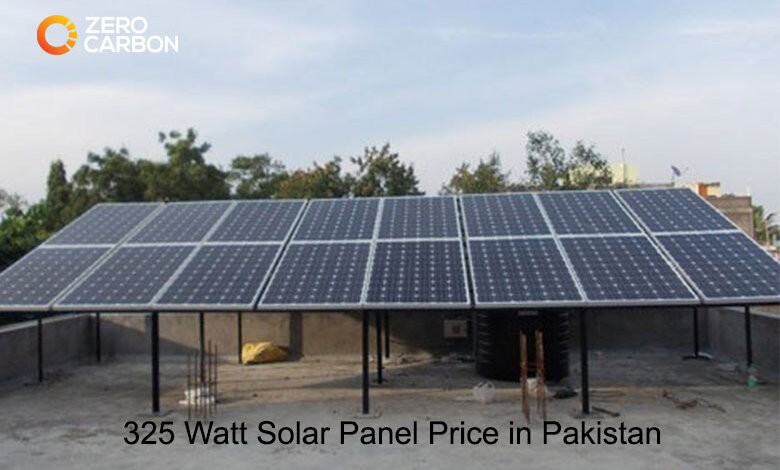
Solar energy has emerged as a viable and sustainable alternative to traditional energy sources in Pakistan.
As the country grapples with energy shortages and rising electricity costs, solar panels have become a popular choice for both residential and commercial applications. This article provides an in-depth analysis of the current solar panel price in Pakistan, factors influencing price fluctuations, and considerations for potential buyers.
Current Solar Panel Price Trends
Solar panel prices in Pakistan have experienced significant fluctuations over the past few years, primarily due to factors such as global market dynamics, import duties, and government policies. While prices have generally declined over time, there have been instances of temporary increases due to various economic and geopolitical events.
As of [Date], the average price of solar panels in Pakistan ranges from [Price range per watt]. This price can vary depending on several factors, including:
- Panel efficiency: Higher efficiency panels generally command a premium price.
- Brand and manufacturer: Reputable brands often have higher price tags.
- Panel size and wattage: Larger panels typically cost more.
- Installation costs: The cost of professional installation can add to the overall price.
- Government subsidies and incentives: In some cases, government subsidies can reduce the upfront cost of solar panels.
Factors Affecting Solar Panel Prices
Several factors can influence the price of solar panels in Pakistan, including:
Global Market Dynamics:
- Supply and demand: The global supply and demand for solar panels can significantly impact prices. Increased demand can drive prices up, while excess supply can lead to price reductions.
- Manufacturing costs: Changes in manufacturing costs, such as raw material prices and labor costs, can affect the price of solar panels.
- Technological advancements: Advancements in solar panel technology can lead to reduced manufacturing costs and, consequently, lower prices.
Import Duties and Taxes:
- Government policies: Import duties and taxes imposed by the Pakistani government can significantly increase the cost of imported solar panels.
- Tariff changes: Changes in import tariffs can impact the price of solar panels, either positively or negatively.
Government Subsidies and Incentives:
- Financial support: Government subsidies and incentives can help reduce the upfront cost of solar panels for consumers.
- Net metering: Policies that allow consumers to sell excess solar-generated electricity back to the grid can make solar energy more economically attractive.
Exchange Rates:
- Currency fluctuations: Fluctuations in the exchange rate between the Pakistani Rupee and the US dollar can affect the price of imported solar panels.
Considerations for Potential Buyers
When considering purchasing solar panels in Pakistan, it is essential to consider the following factors:
- Return on Investment (ROI): Calculate the potential ROI based on the cost of the solar system, electricity savings, and government incentives.
- System Size: Determine the appropriate system size based on your energy consumption needs.
- Installation Costs: Factor in the cost of professional installation, including permits and inspections.
- Financing Options: Explore financing options such as loans or solar leases to help manage the upfront cost.
- Maintenance and Warranty: Consider the maintenance requirements and warranty coverage provided by the solar panel manufacturer and installer.
- Quality and Reliability: Choose reputable brands with a proven track record of quality and reliability.
Conclusion
Solar panel prices in Pakistan have been on a downward trend in recent years, making them a more affordable option for many consumers. However, it is essential to carefully consider various factors such as global market dynamics, government policies, and personal energy needs before making a purchase. By understanding the current price trends, factors influencing prices, and key considerations, potential buyers can make informed decisions and reap the benefits of solar energy in Pakistan.



